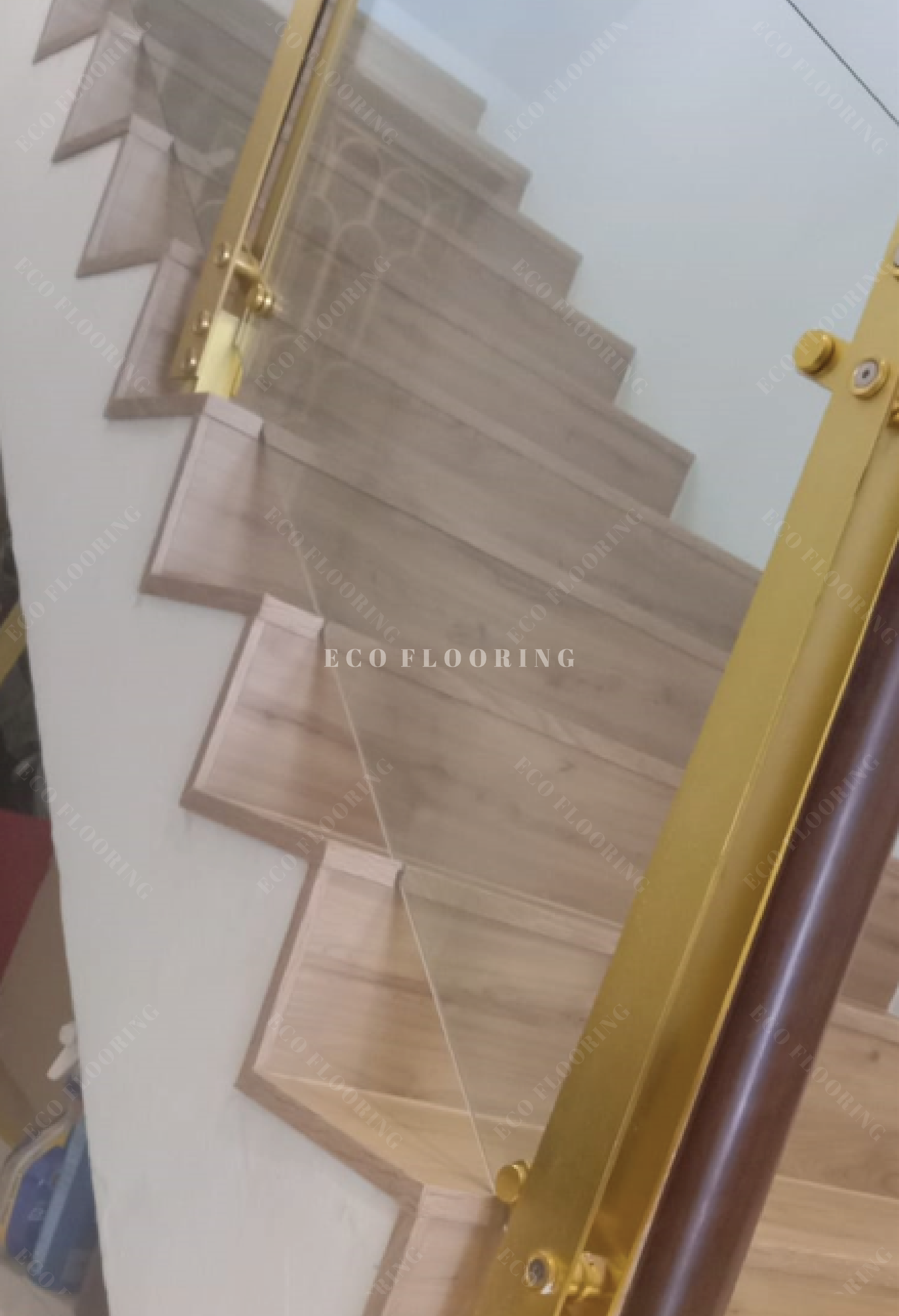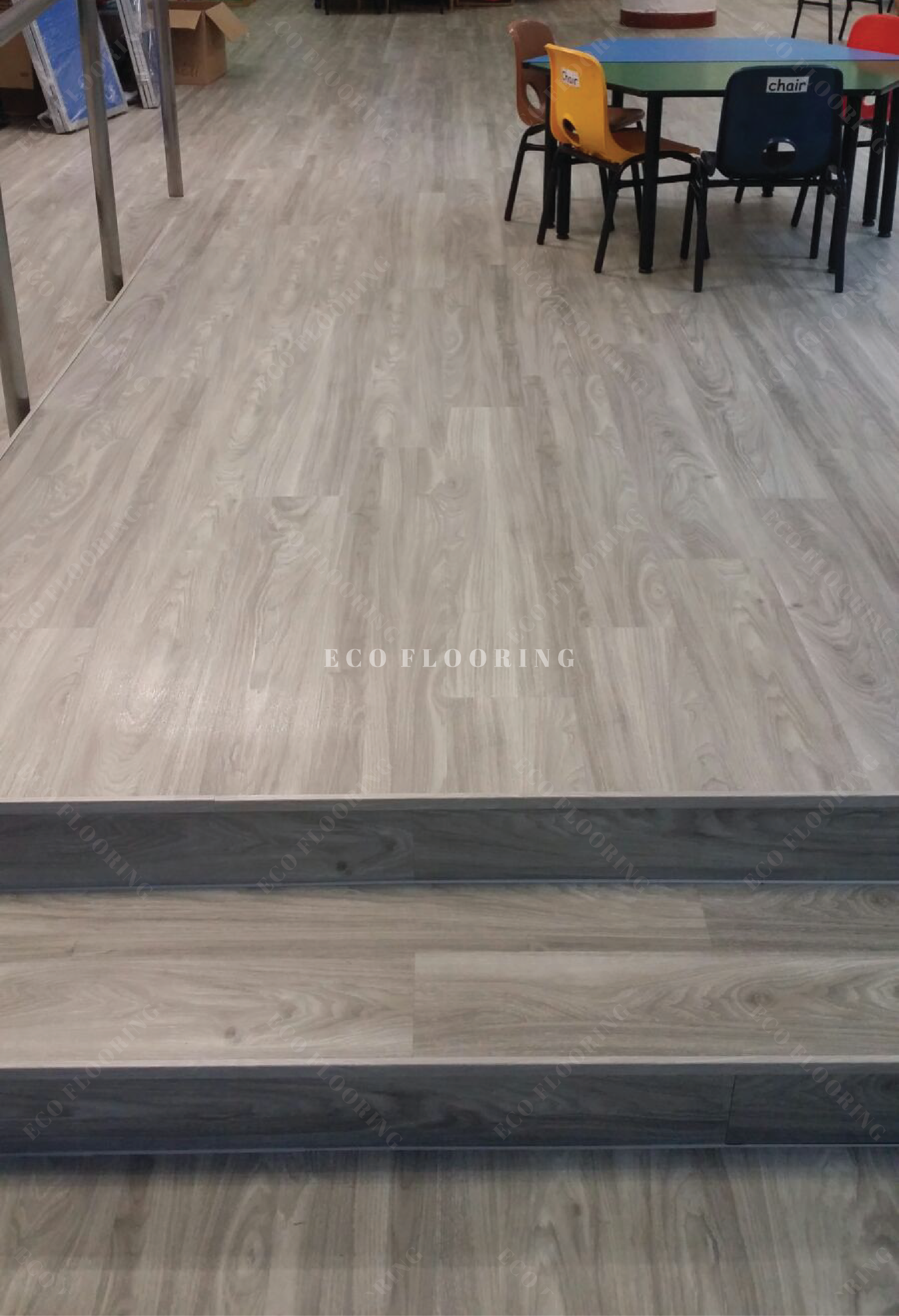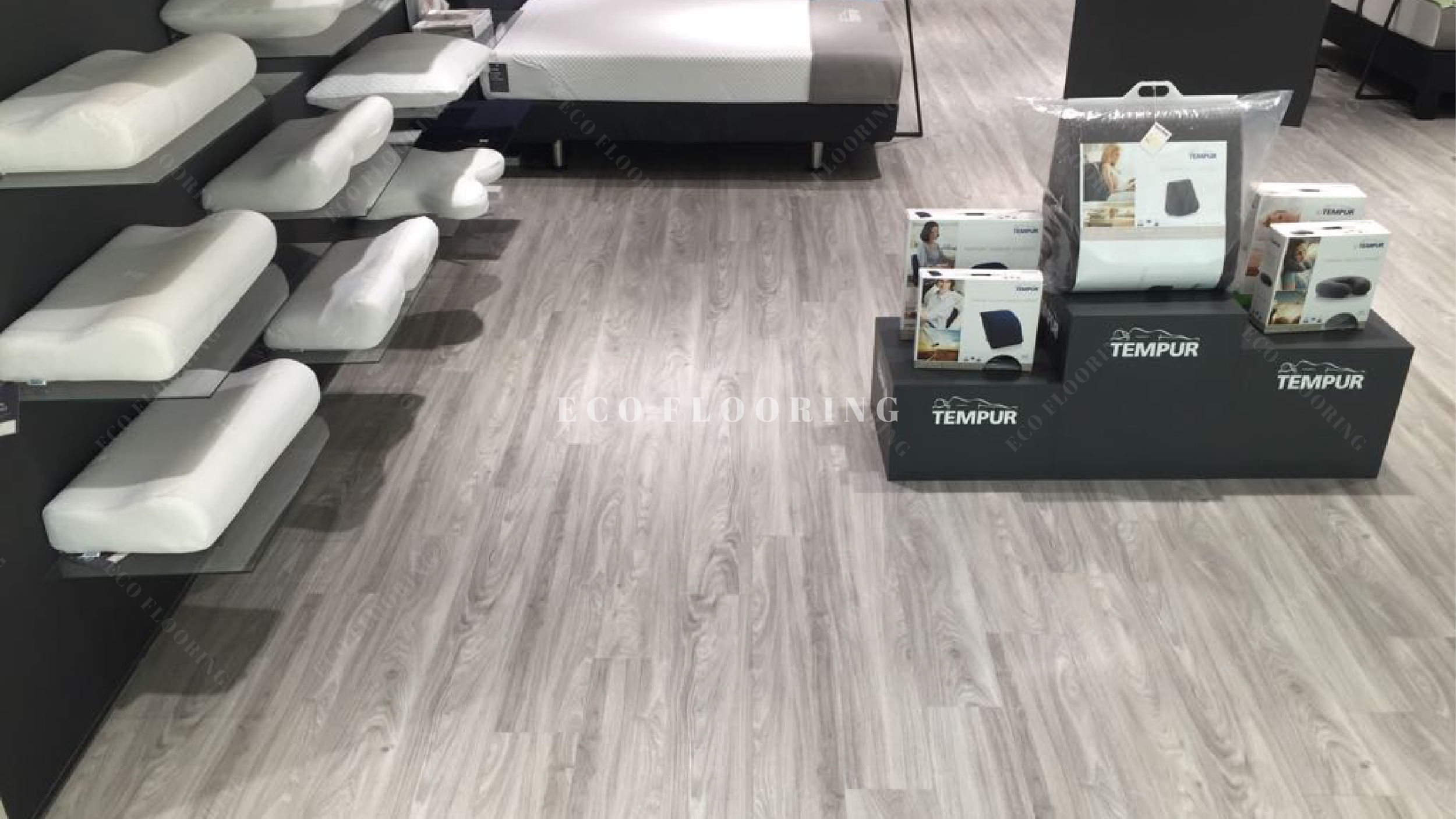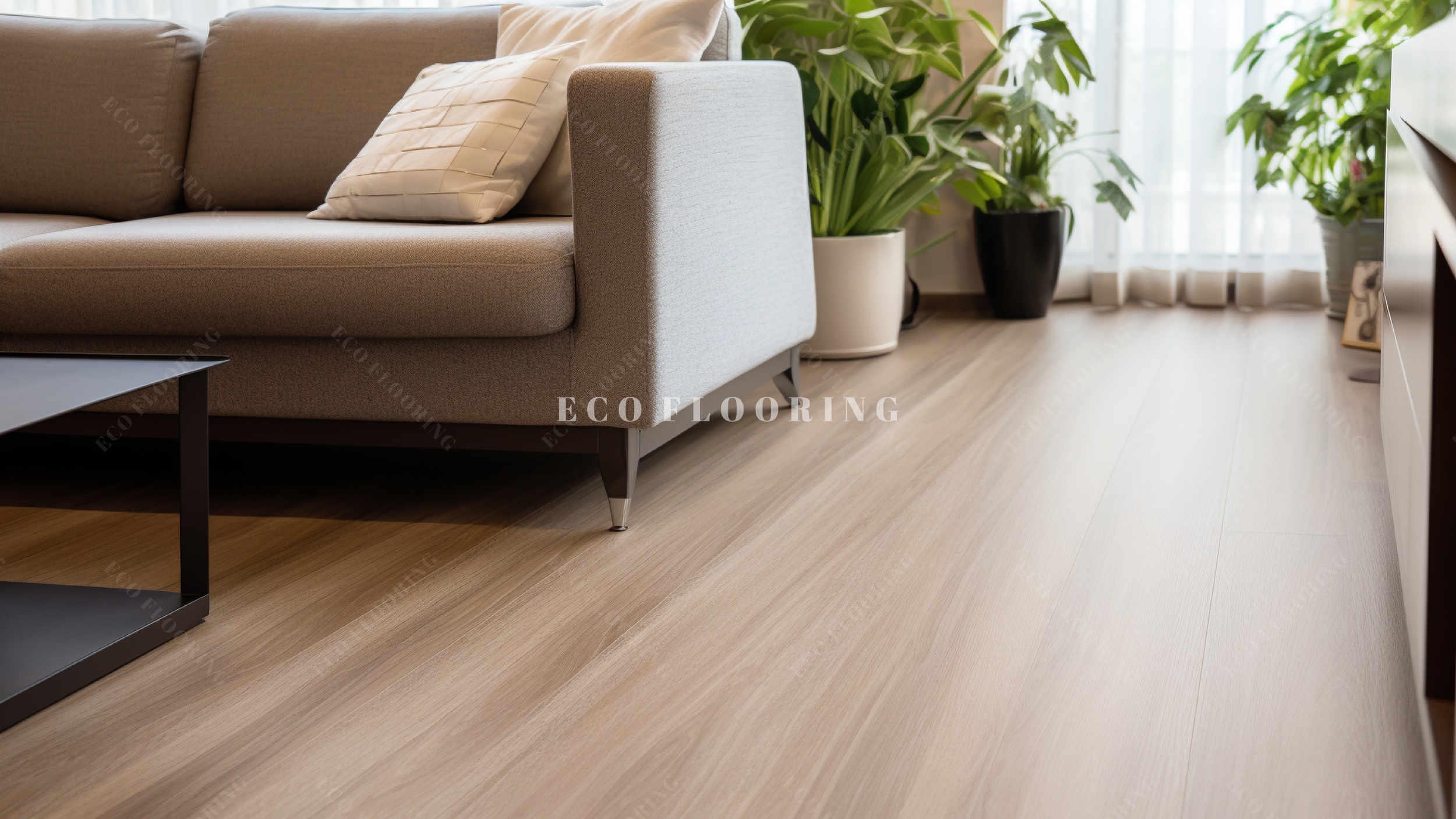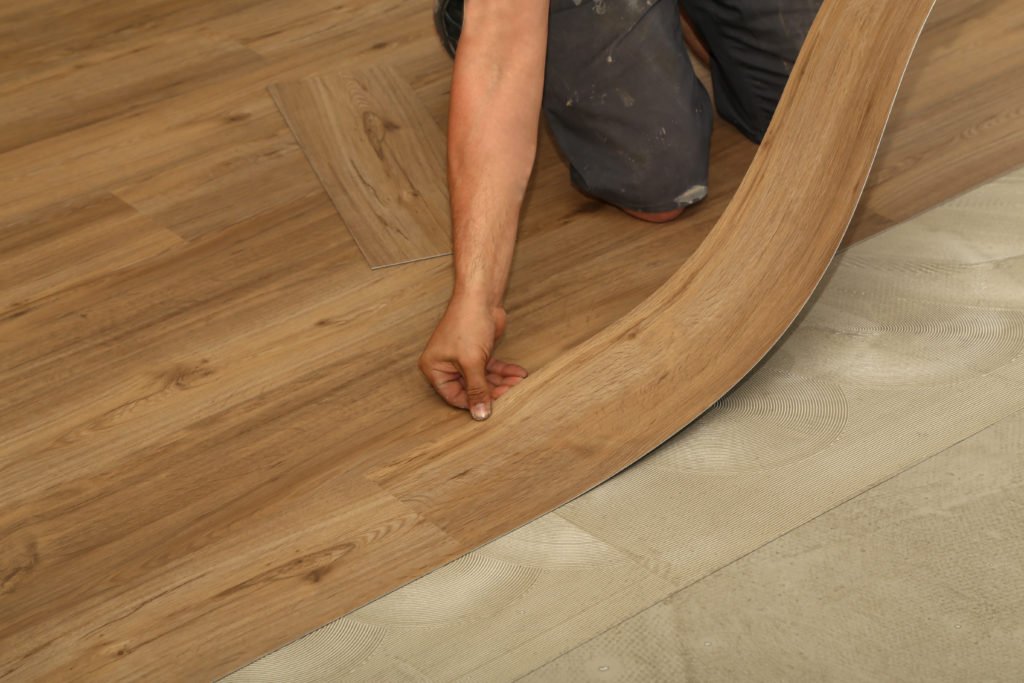When it comes to interior design, staircases are often overlooked as a design opportunity. However, with the rise of innovative materials like vinyl flooring, staircases are being transformed into stylish and practical features of the home. Vinyl flooring for staircases not only adds a touch of elegance and warmth but also enhances safety and durability, making it an ideal choice for homeowners looking to upgrade their interior spaces.
Vinyl flooring offers a wide range of benefits when used for staircase coverings. One of the primary advantages is its durability. Vinyl is known for its resilience and ability to withstand heavy foot traffic, making it perfect for high-traffic areas like staircases. Unlike traditional carpeting, which can wear down over time and become stained or faded, vinyl flooring maintains its beauty and integrity even in the busiest of households.
Another key advantage of vinyl flooring for staircases is its ease of maintenance. Vinyl is inherently resistant to stains, spills, and scratches, making it a breeze to clean and maintain. A simple sweep or mop is all it takes to keep vinyl staircases looking fresh and new, saving homeowners time and effort in upkeep.
Safety is also a significant consideration when it comes to staircase coverings, and vinyl flooring excels in this area as well. Many vinyl flooring options come with textured surfaces that provide enhanced traction, reducing the risk of slips and falls on the stairs. Additionally, vinyl flooring can be installed with adhesive or stair nosing for added stability and safety, giving homeowners peace of mind knowing that their staircase is secure for family members and guests of all ages.
In terms of design, vinyl flooring offers endless possibilities for creating a staircase that complements the overall aesthetic of the home. With a wide range of colors, patterns, and textures available, homeowners can customize their staircase to suit their personal style and preferences. Whether you prefer the look of wood, stone, or tile, there's a vinyl flooring option to match any design scheme.
Vinyl flooring can be installed on both the tread (horizontal surface) and riser (vertical surface) of the staircase, creating a seamless and cohesive look. Additionally, vinyl stair treads can be easily cut to size and installed over existing stairs, making it a cost-effective and convenient option for staircase renovations.
In conclusion, vinyl flooring is a practical, stylish, and safe choice for staircase coverings. With its durability, ease of maintenance, and versatility in design, vinyl flooring enhances both the aesthetic appeal and functionality of staircases in the home. Whether you're renovating an existing staircase or building a new one, vinyl flooring is an excellent option for creating a staircase that is both beautiful and durable for years to come.






